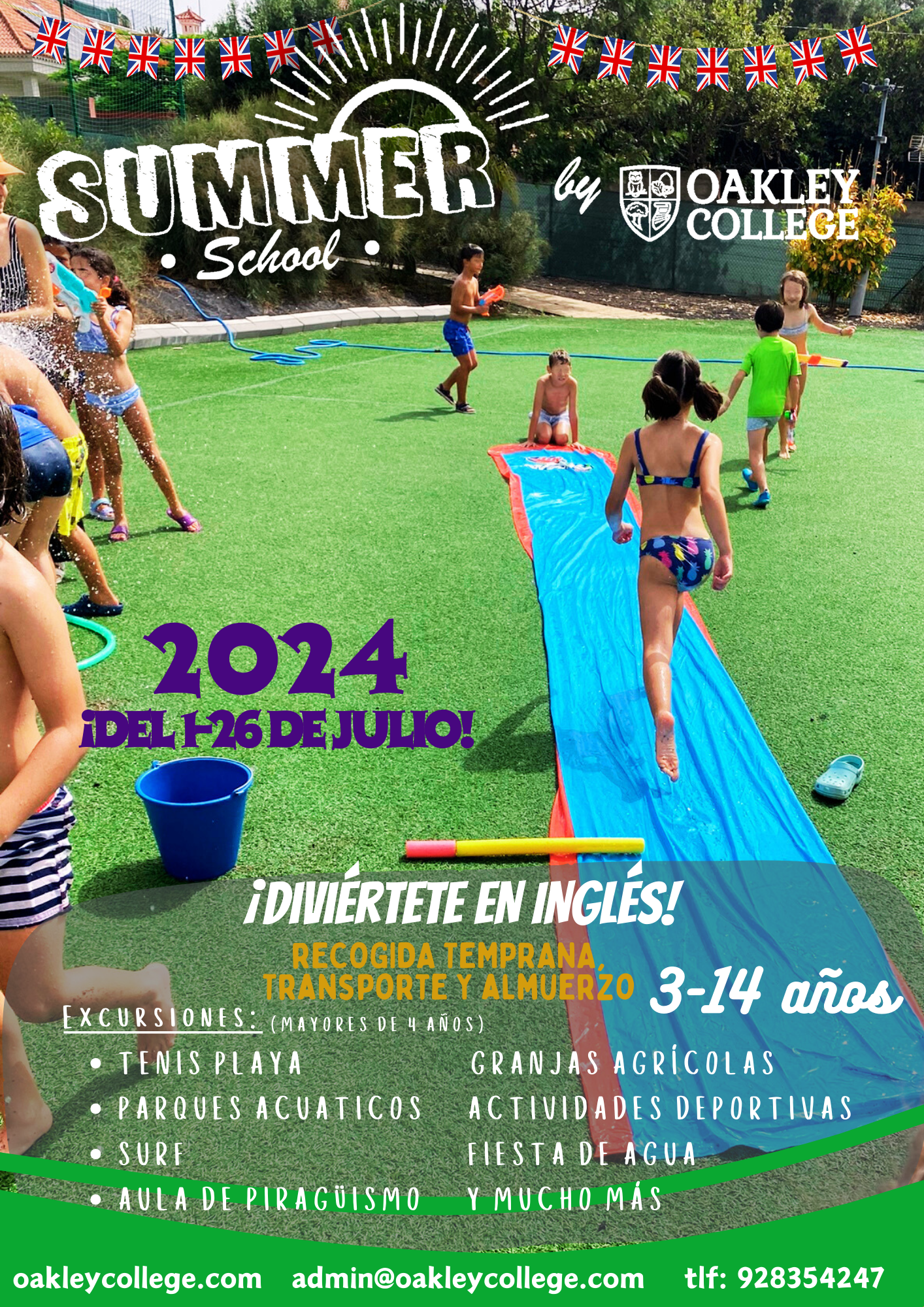The National Curriculum provides pupils with an introduction to the essential knowledge they need to be educated citizens.
The National Curriculum promotes
- The spiritual, moral, cultural, mental and physical development of pupils at the school and of society
- Prepares pupils at the school for the opportunities, responsibilities and experiences of later life
- Additionally we teach classes in Spanish language and Literature as well as Spanish Culture (Geography and History)
– Nursery and primary –
Early Years: ages 2-4
Key Stage 1: (Years 1 and 2) ages 5-7
Key Stage 2: (Years 3, 4, 5, and 6) ages 7+-11
– Secondary–
Key Stage 3: (Years 7, 8, and 9) ages11+ -14
Key Stage 4: (Years 10 and 11) ages 14+-16
6th Form : (Years 12 and 13) ages 16+-18 university entrance
– The core subjects of the National Curriculum are –
English, Mathematics, Science, History; Geography; ICT; German or French, Music; Art, Physical Education (PE).
Primary teachers are expected to teach all subjects including PE, art and music. Whole school assemblies are a feature of the school curriculum.
Years 10 and 11 constitute a two-year cycle during which students prepare for the GCSE examinations (General Certificate of Secondary Education). Many students in international schools take IGCSE’s (International GCSEs), rather than the standard British GCSEs. These are fully recognised as equal to the standard GCSEs.
The Spanish Ministry of Education recognises the results of IGCSE/International GCSE exams as equivalent to the Spanish Title of Graduation in Educación Secundaria Obligatoria (ESO).
Following successful results in (I)GCSE examinations, students wishing to go on to university will take (Advanced) ‘A’ Levels. ‘A’ levels constitute another two-year cycle and are highly specialised.
Students will normally study 3 or 4 subjects for ‘A’ Level, though they may study for a fifth ‘A’ Level. The choice of subjects depends upon a student’s likely course at university, and likely future career.
Spanish Fase subjects may be studied to assist with access to Spanish universities.
The Spanish Ministry of Education recognises the results of A-Level exams as equivalent to Fase Básica in the Spanish system and allows Direct Access to Spanish universities.
Acceptance at a British university depends upon the results gained at ‘A’ Level (as well as success at GCSE). Competition is very fierce and high grades are important.




